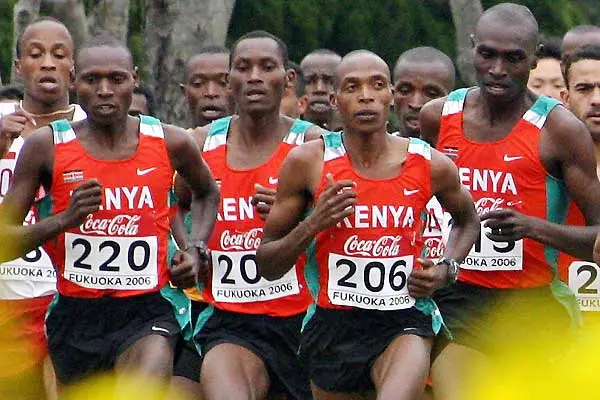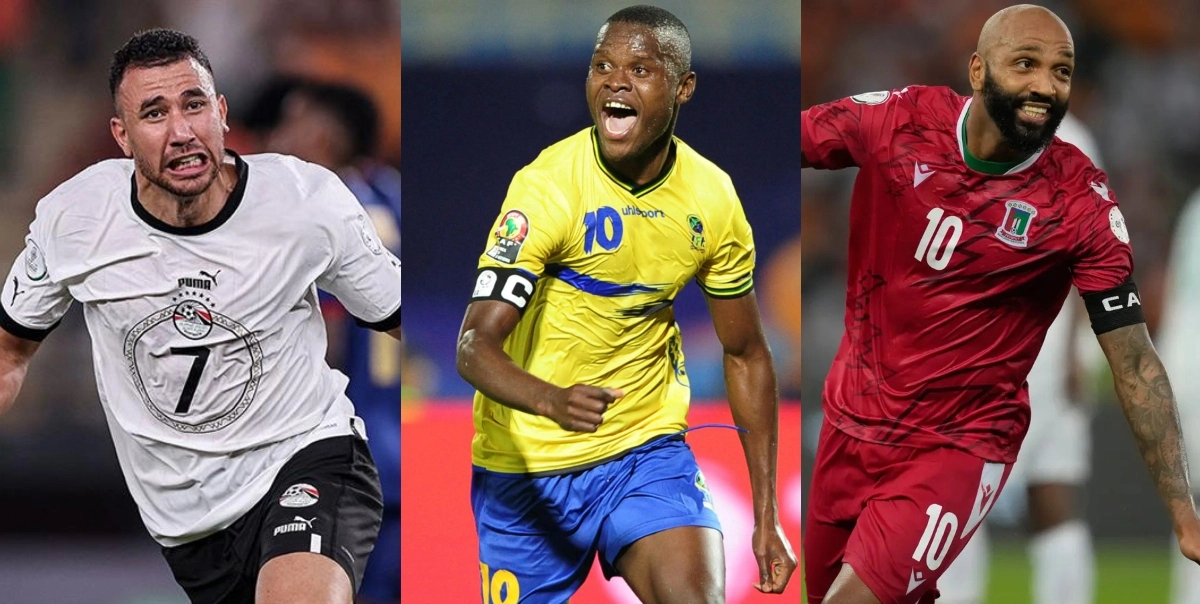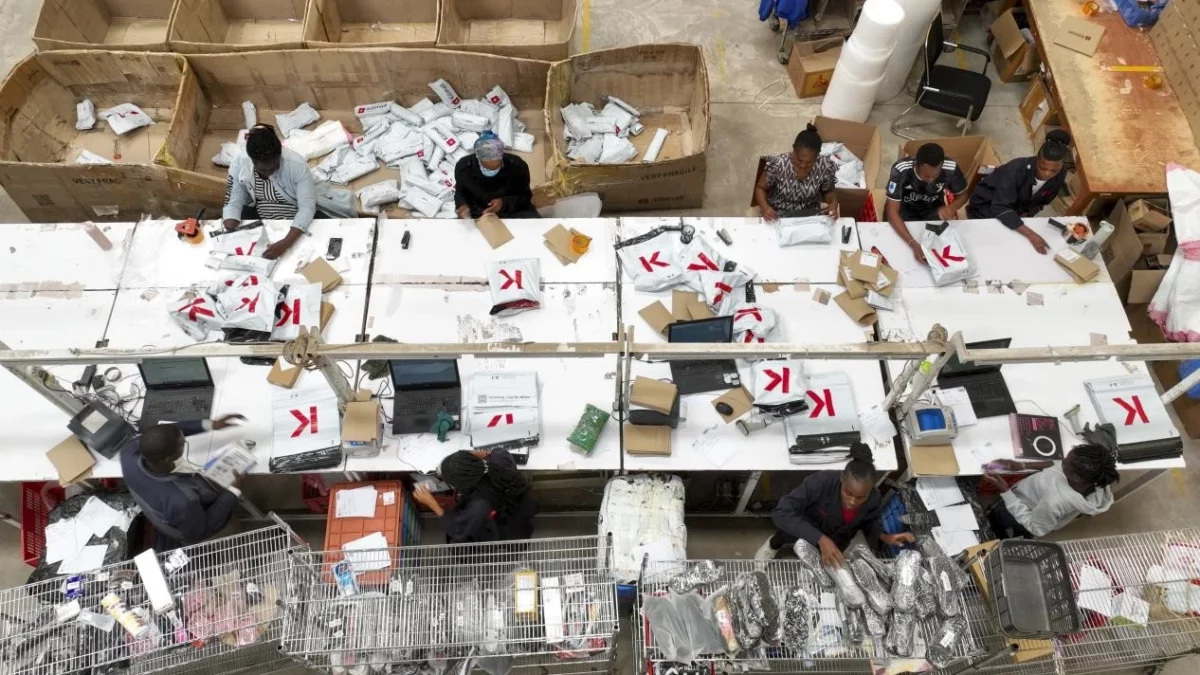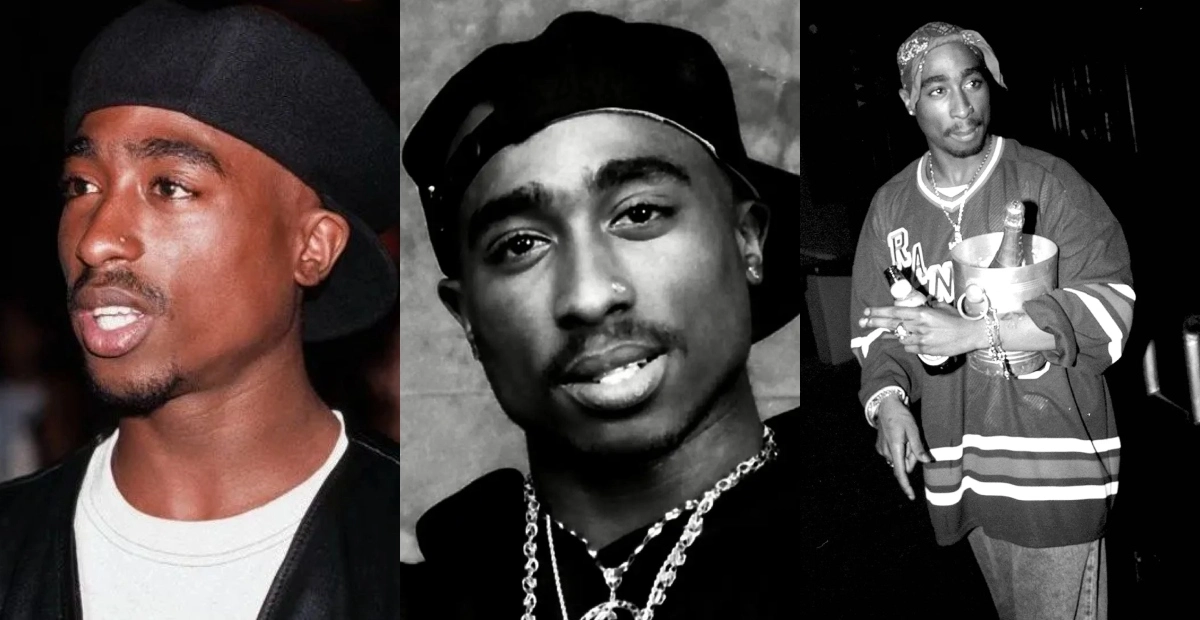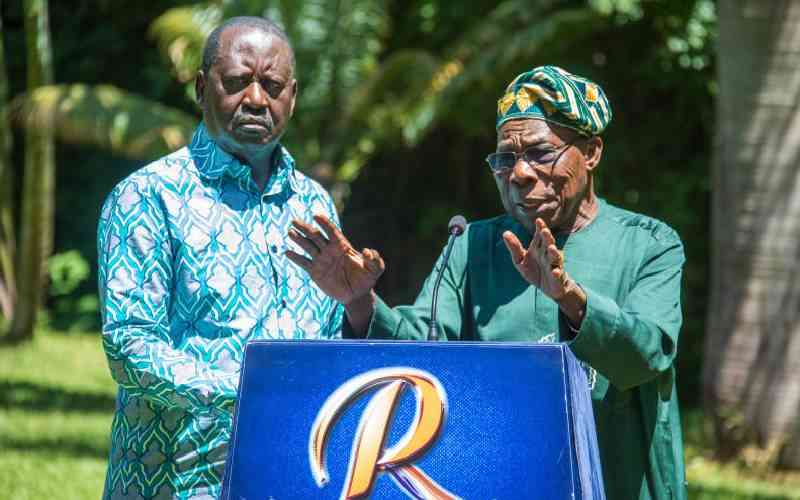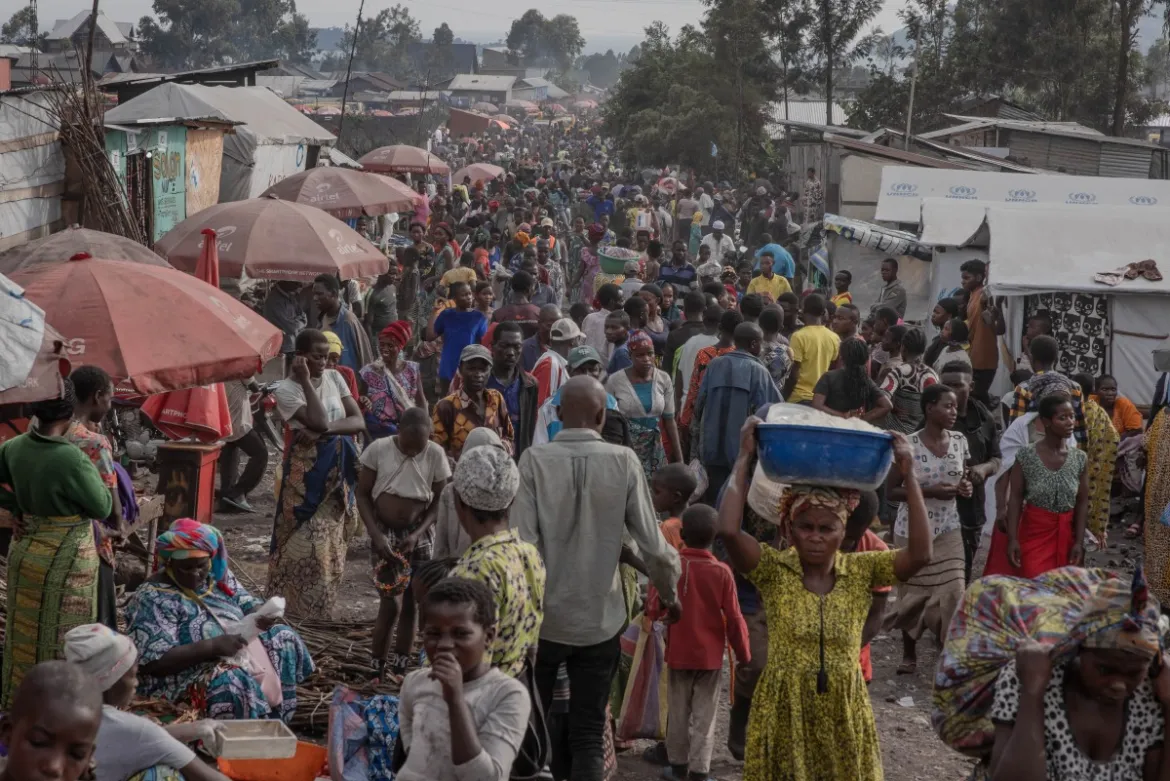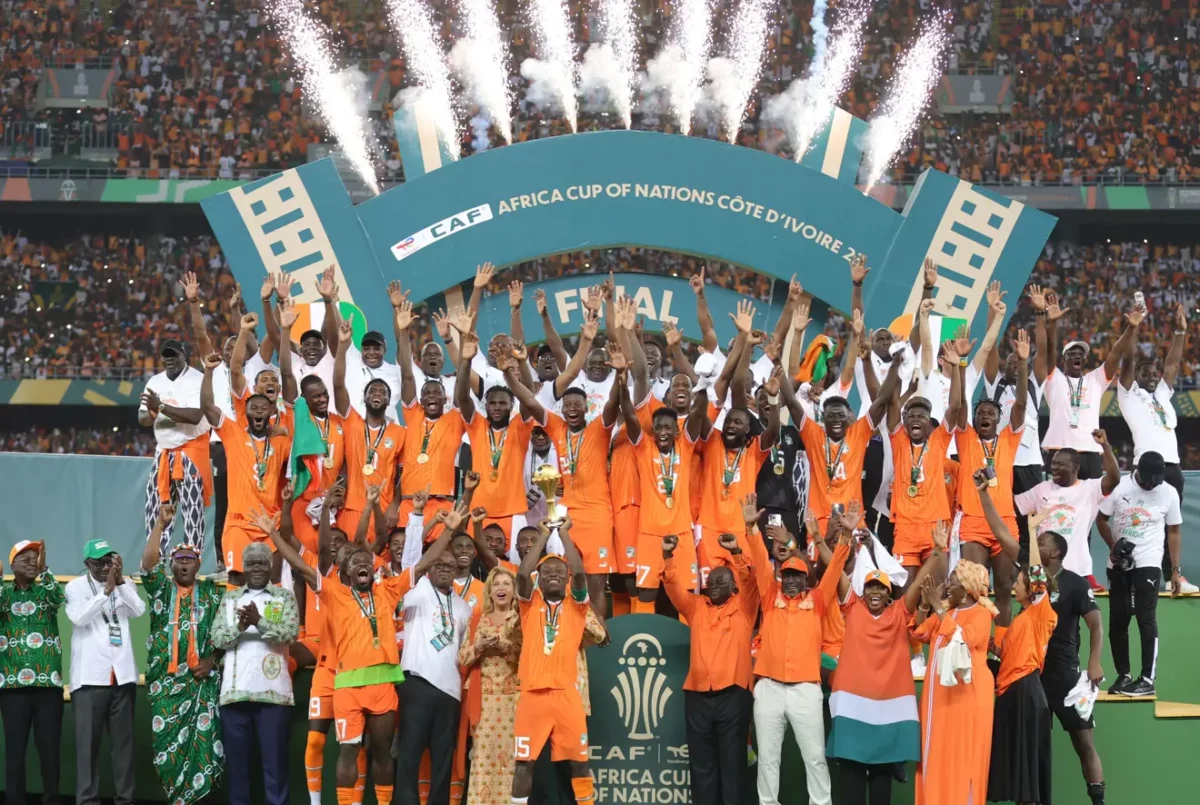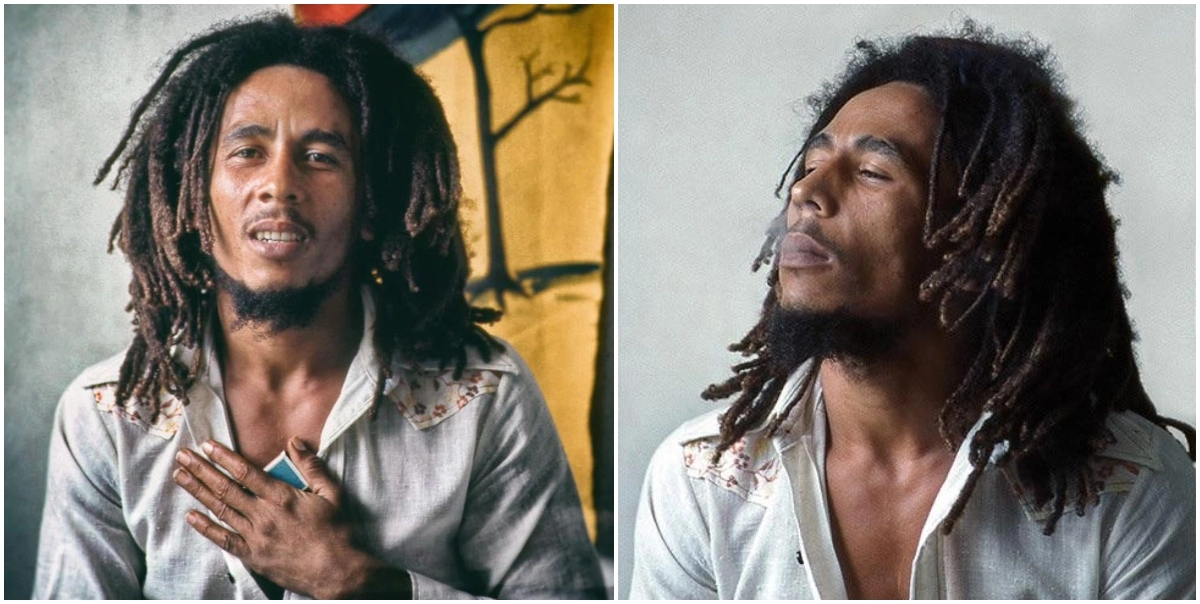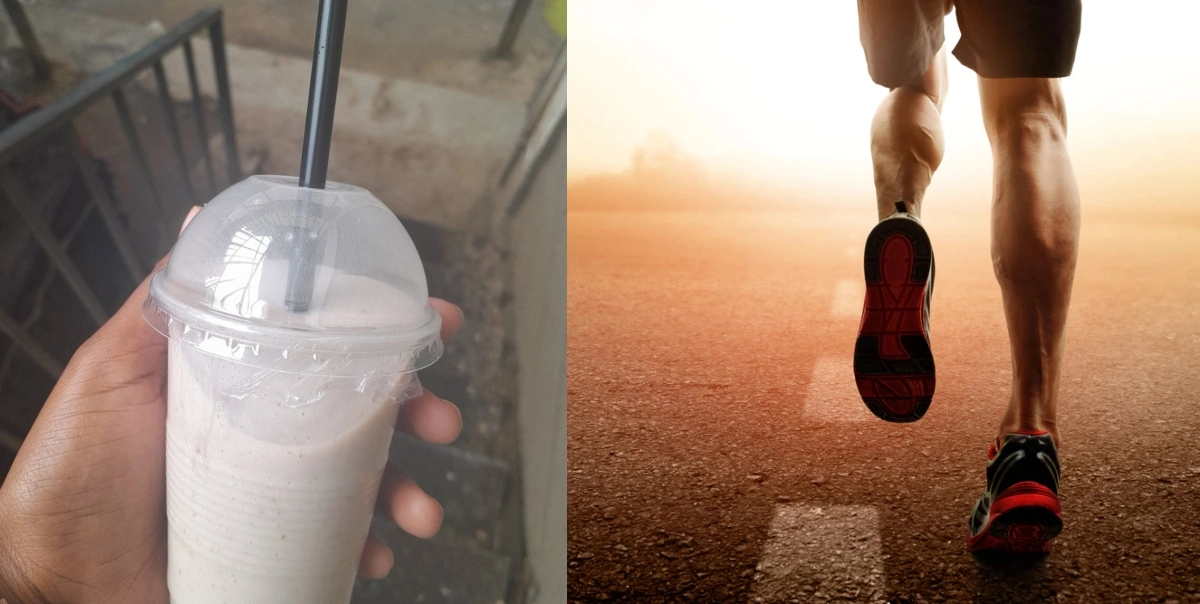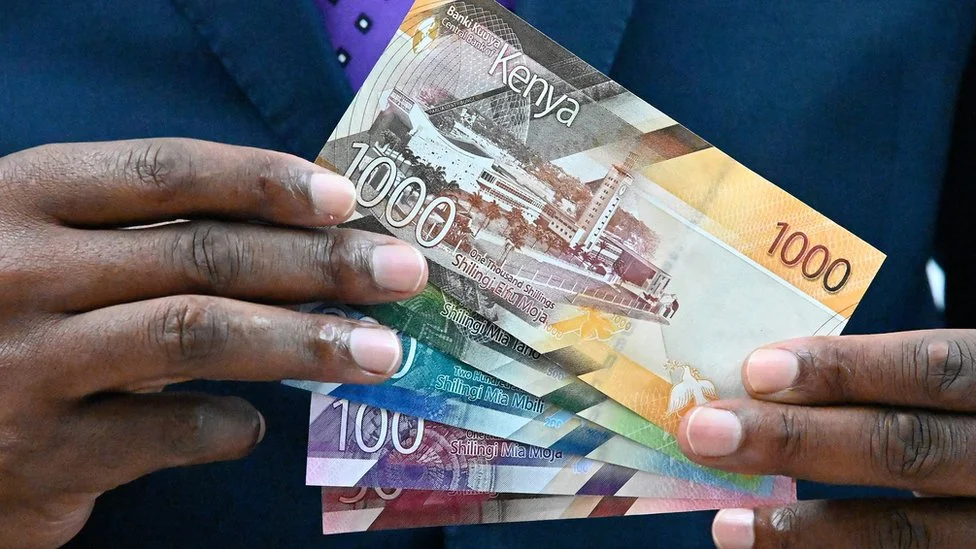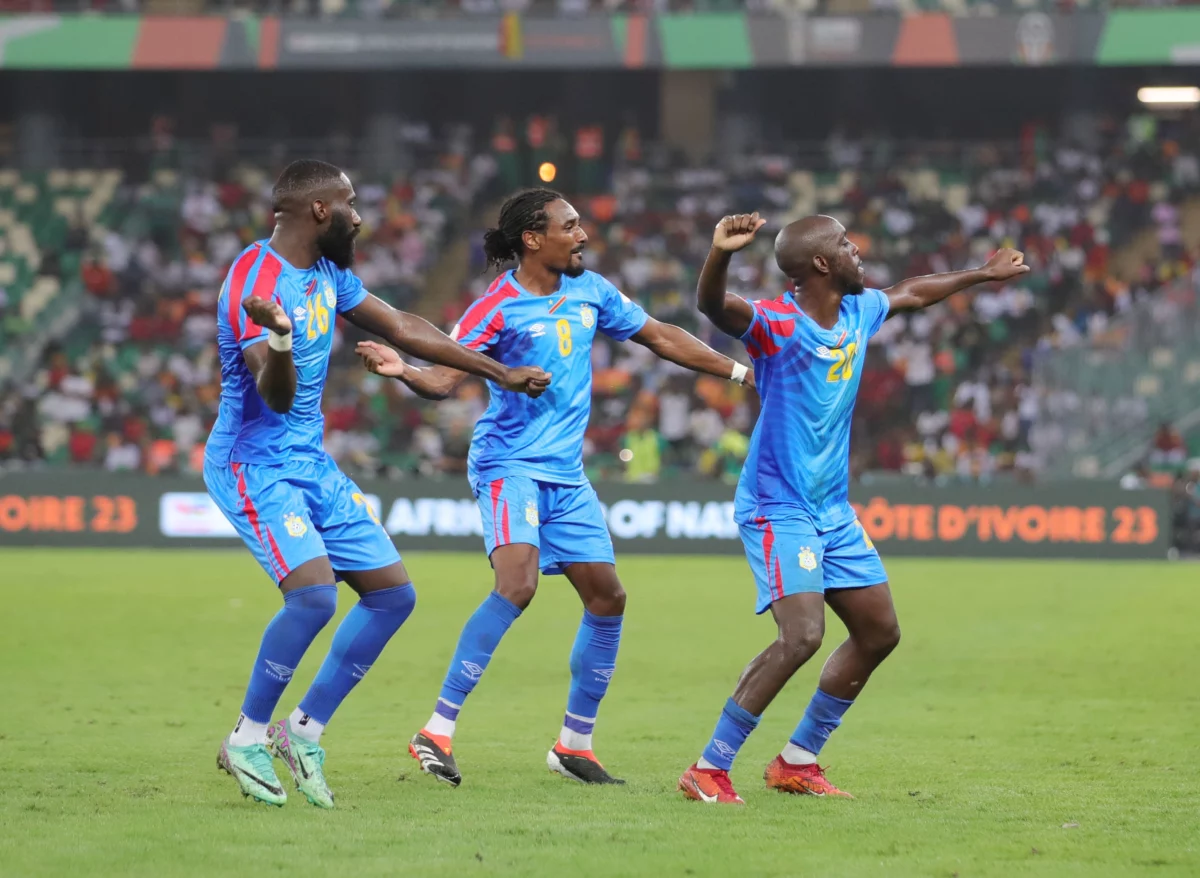Kenyan Rhonex Kiprutoa 10km road world record holder became the latest high-profile Kenyan athlete provisionally suspended for suspected doping offences.
Subscribe to Switch TV for more exciting content
Rhonex Kiprutoa Name to add to the country’s roll of dishonour
If he is found guilty, the 23-year-old will be yet another name to add to the country’s roll of dishonour.
Read Also: Manchester United ‘agree to a five-year deal with Rasmus Hojlund’
Former marathon world record holder Wilson Kipsang, former half marathon world record holder Abraham Kiptum, Rio 2016 Olympic marathon champion Jemima Sumgong, London Marathon winner Daniel Wanjiru, triple world 1500m champion Asbel Kiprop and his successor Elijah Manangoi are already part of a cast of high-profile Kenyan runners busted in recent years.
Athletics Integrity Unit (AIU), to combat the sport’s doping problem
“Everyone has to be prepared because there are going to be a lot more doping cases in Kenya in the next few months and years,” states Brett Clothier, head of the Athletics Integrity Unit (AIU), the independent body created five years ago to combat the sport’s doping problem.
“I’m trying to tell everyone: ‘Don’t be surprised. Don’t be shocked’. This is what needs to happen to get this under control. It’s now or never.” “The current situation is unsustainable and the road-running industry is approaching a doping scandal comparable to the worst in sport,” read the words in big, bold font.
“What we’re seeing in the marathon – especially in Kenya and Ethiopia – is literally hundreds of athletes, who are totally outside of the net, highly motivated to dope because they earn good money,” says Clothier.
“It has been a wild west, and you can’t even blame the Kenya anti-doping system that much because no other country in the world has that concentration of athletes going after such big prizes.”
Let’s not forget that Kenya is dominant in long-distance running for much of the population worldwide, beyond perhaps its Ethiopian neighbours.
Widespread poverty – the International Monetary Fund (IMF) ranks Kenya 147th globally for gross domestic product (GDP) per capita – makes the financial incentives to succeed even greater.
While the London Marathon offers a hefty £42,000 to its winners and the prize pot at other major marathons stretches to six figures, lower-profile races like the Nagoya Women’s Marathon ($250,000, roughly equivalent to £191,000), Seoul Marathon ($100,000, or £76,000) and Dubai Marathon ($80,000, or £61,000) give large sums to those who triumph.
Subscribe to Switch TV for more exciting content
“There’s the money there and there’s a proper process for spending it. That all begins with a big step up in testing from this summer. It’s exciting because there’s the potential for real change.”
So take heed. The hefty list of Kenyan dopers is only going to get longer and things will look worse as they improve; it is short-term pain for long-term gain.


